

Tag: mental health awareness
-

Olympic Athletes & Mental Health
An elite athlete’s competitive drive and whatever-it-takes sacrifices are often publicly lauded as they achieve success, especially among Olympic athletes. Yet in recent years, Olympic athletes and hopefuls are increasingly prioritizing their mental health despite the immense pressures they face. As a result, society is realizing that mental health in Olympic athletes should be just…
-
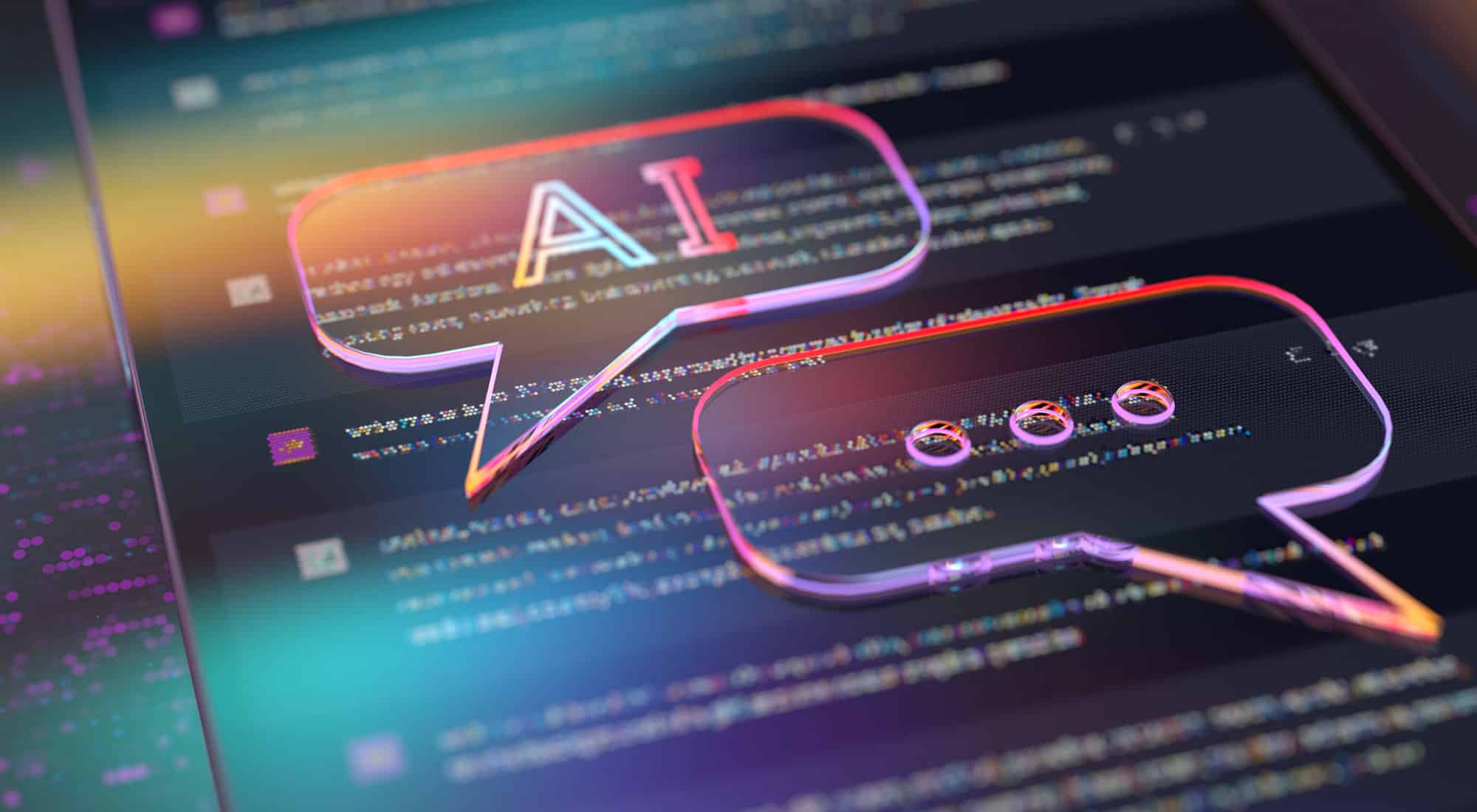
Mental Health & AI
In an age where artificial intelligence (AI) is swiftly becoming an integral part of our lives, it’s essential to examine its impact on mental health and its role in addressing the shortage of mental health providers. AI’s rise in the realm of mental health is indeed transformative, offering numerous benefits such as virtual therapists, AI…
-
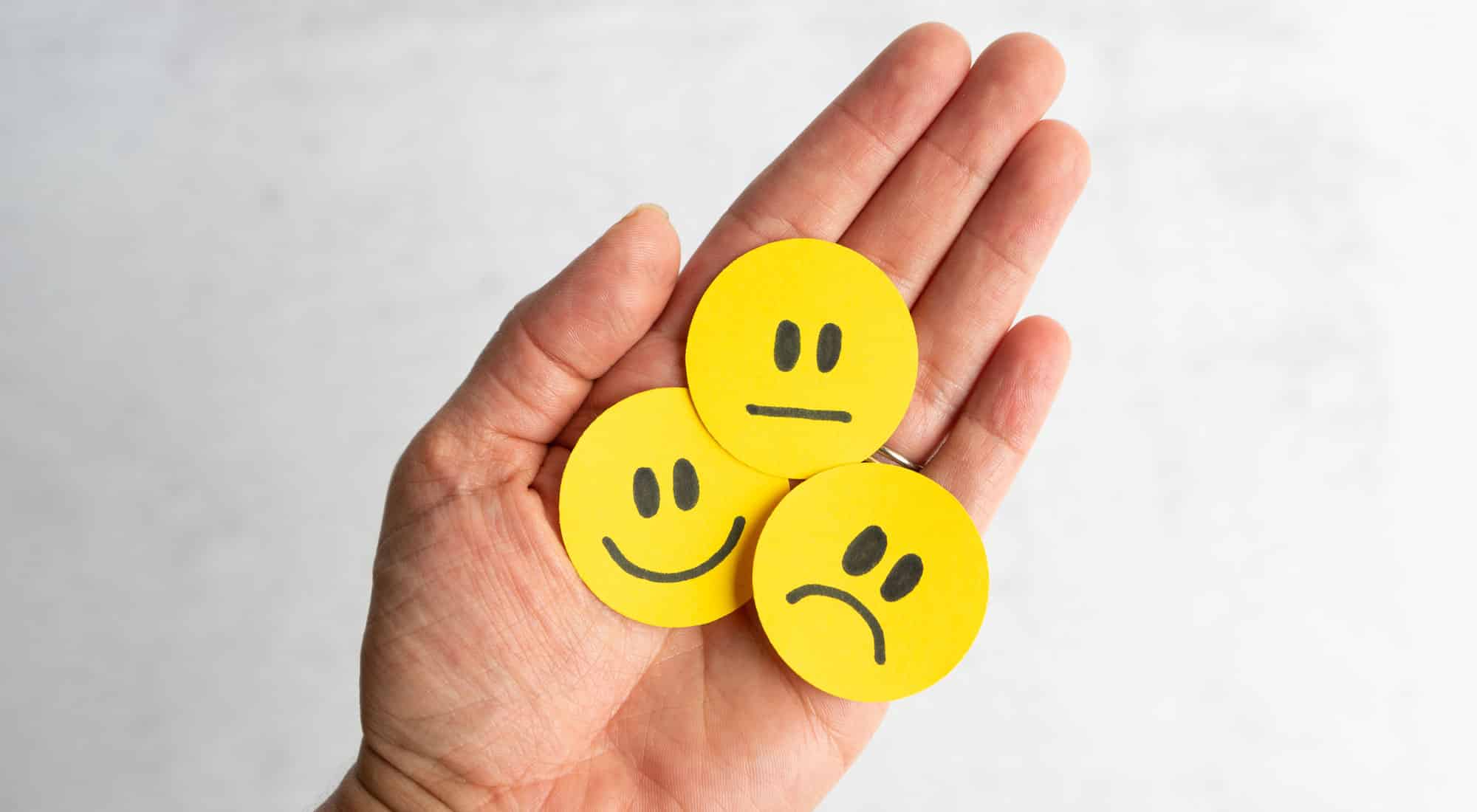
Is Mental Health Awareness Helping?
Mental health awareness has grown significantly in the past decade, especially since the advent of the COVID-19 pandemic. Due to the strenuous circumstances brought on by the worldwide crisis, conditions like depression and anxiety became more commonplace and easier to discuss openly. Athletes and celebrities have made headlines declining to compete or appear at certain…
-
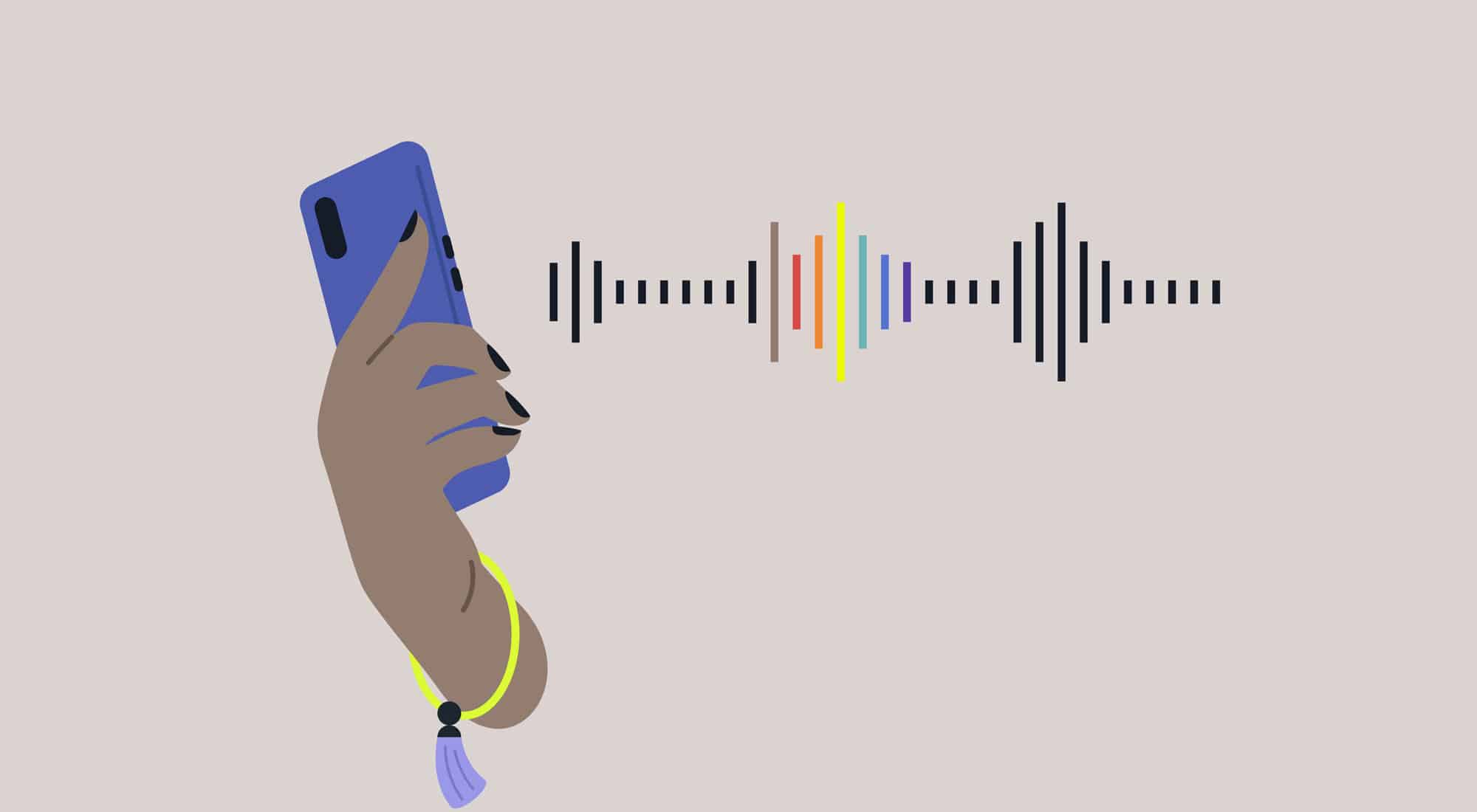
988 Hotline Adds 24/7 Help for LGBTQ+
The 988 Suicide & Crisis Lifeline essential emergency service now includes LGBTQ hotline, chat, and text options. This means if you or someone you care about is struggling with mental health or substance use, you have a confidential, culturally competent, and compassionate resource in an emergency.
-
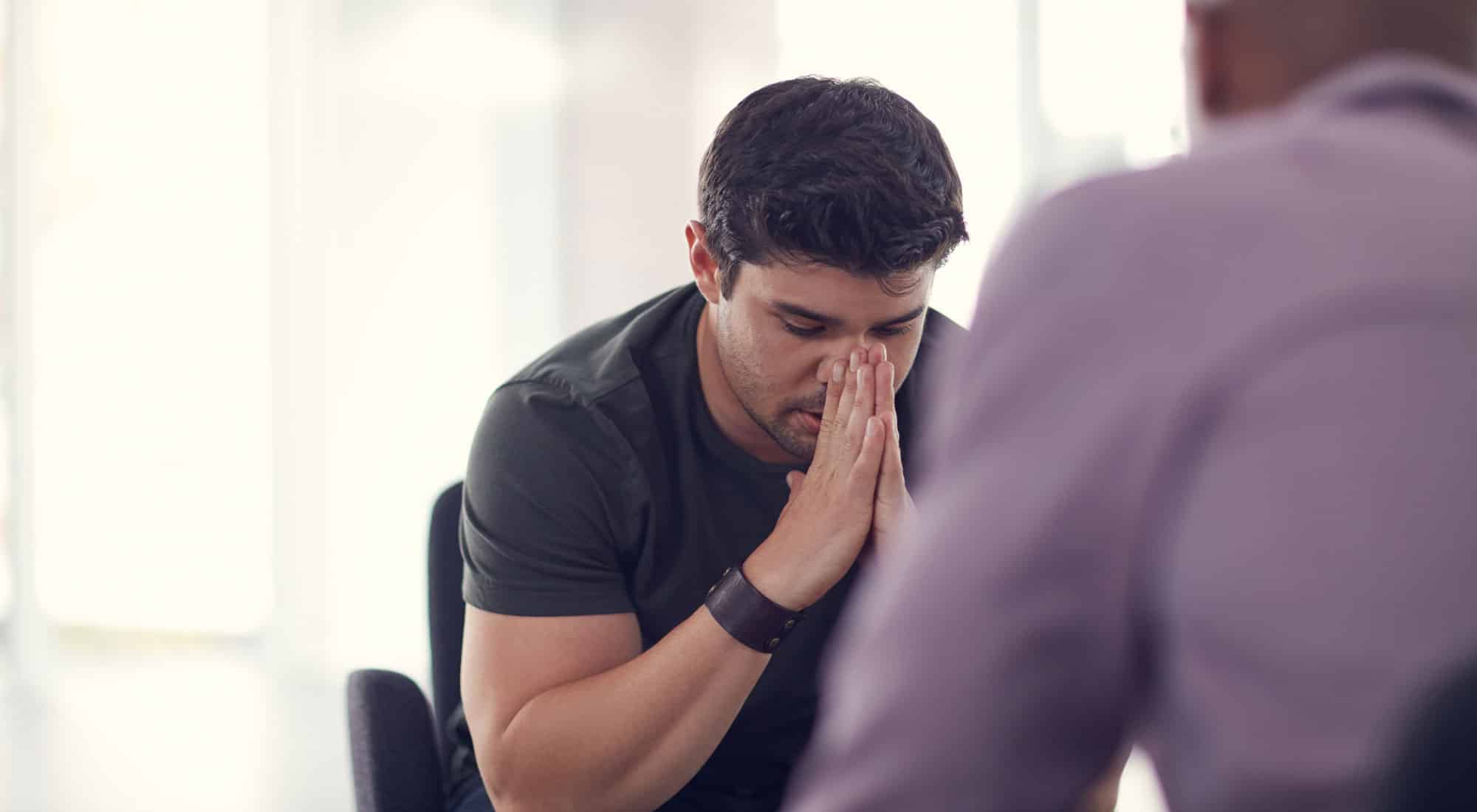
How to Help Someone With Mental Illness Who Doesn’t Want Help
As a concerned friend or family member, you’re left in a tough spot. You want to help, but you can’t force your loved one to do anything. And until they realize they have a problem, they won’t seek the help they need. It may leave you asking, Can you help someone with mental illness if…
-
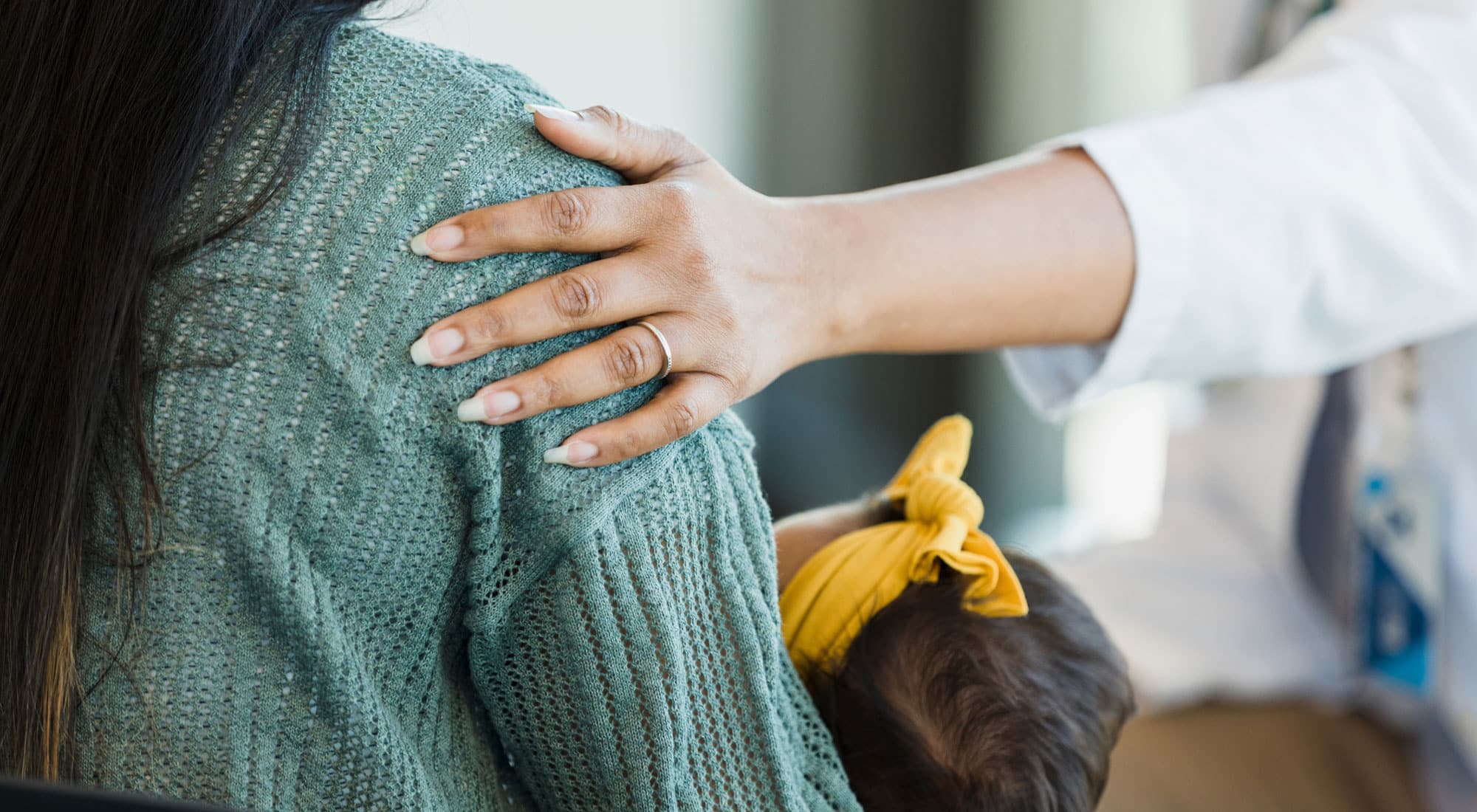
Postpartum, Menopause, & Women’s Health
Postpartum and menopause are two reproductive transitions that significantly impact a woman’s health. What health challenges should women be aware of during these seasons, and how might they best navigate them?
-

The New OCD: Obsessive Comparison Disorder
You’ve probably heard of obsessive-compulsive disorder, or OCD. This disorder is characterized by obsessive thoughts and fears that lead to compulsive behaviors. With the rise of social media, a new type of OCD has begun to evolve: obsessive comparison disorder.
-
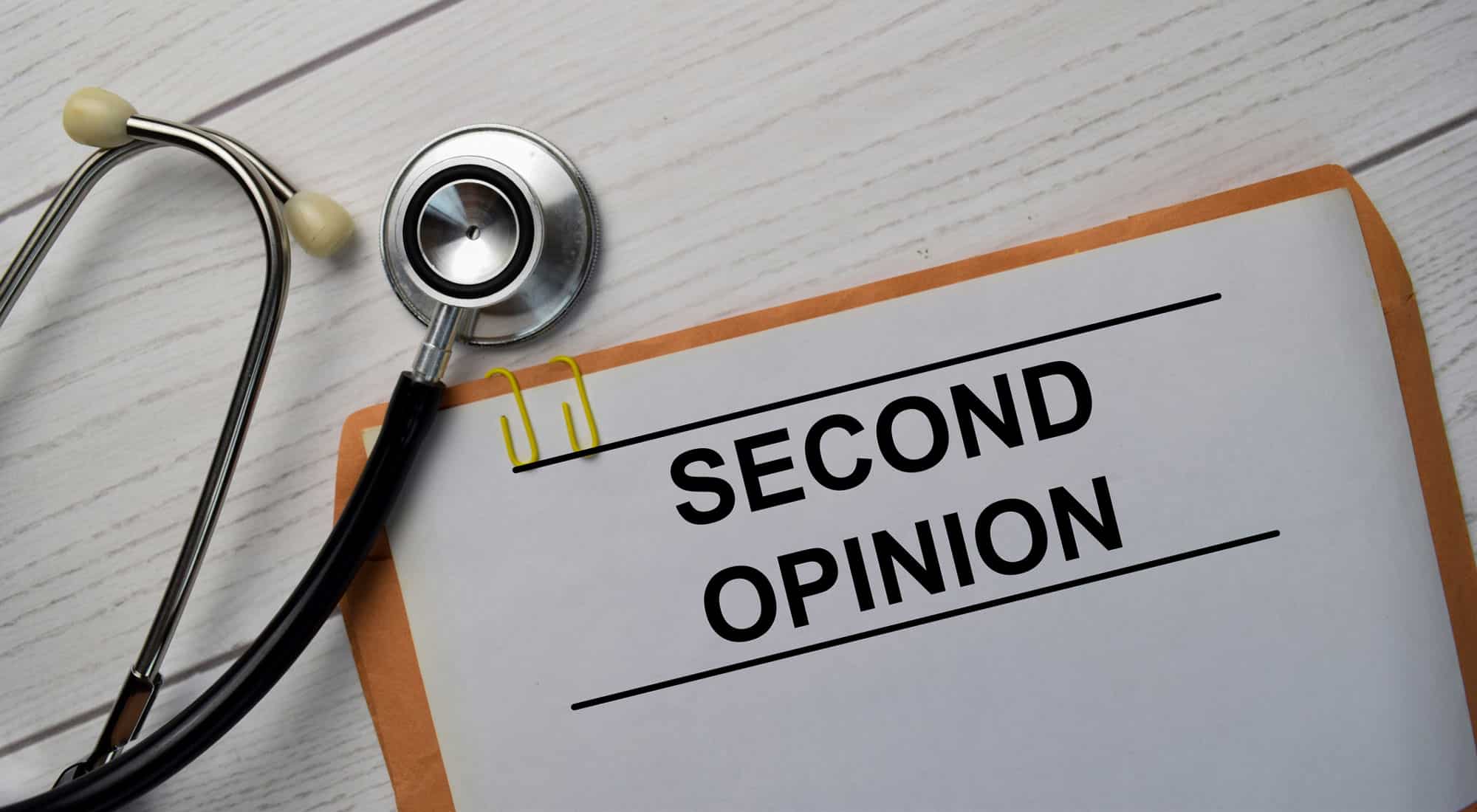
Second Opinions for Mental Health
We’re often told it’s wise to get a second opinion for serious or complicated health issues. When it comes to your physical health, you want to ensure you’re making the best decisions possible. But what about mental health?
-
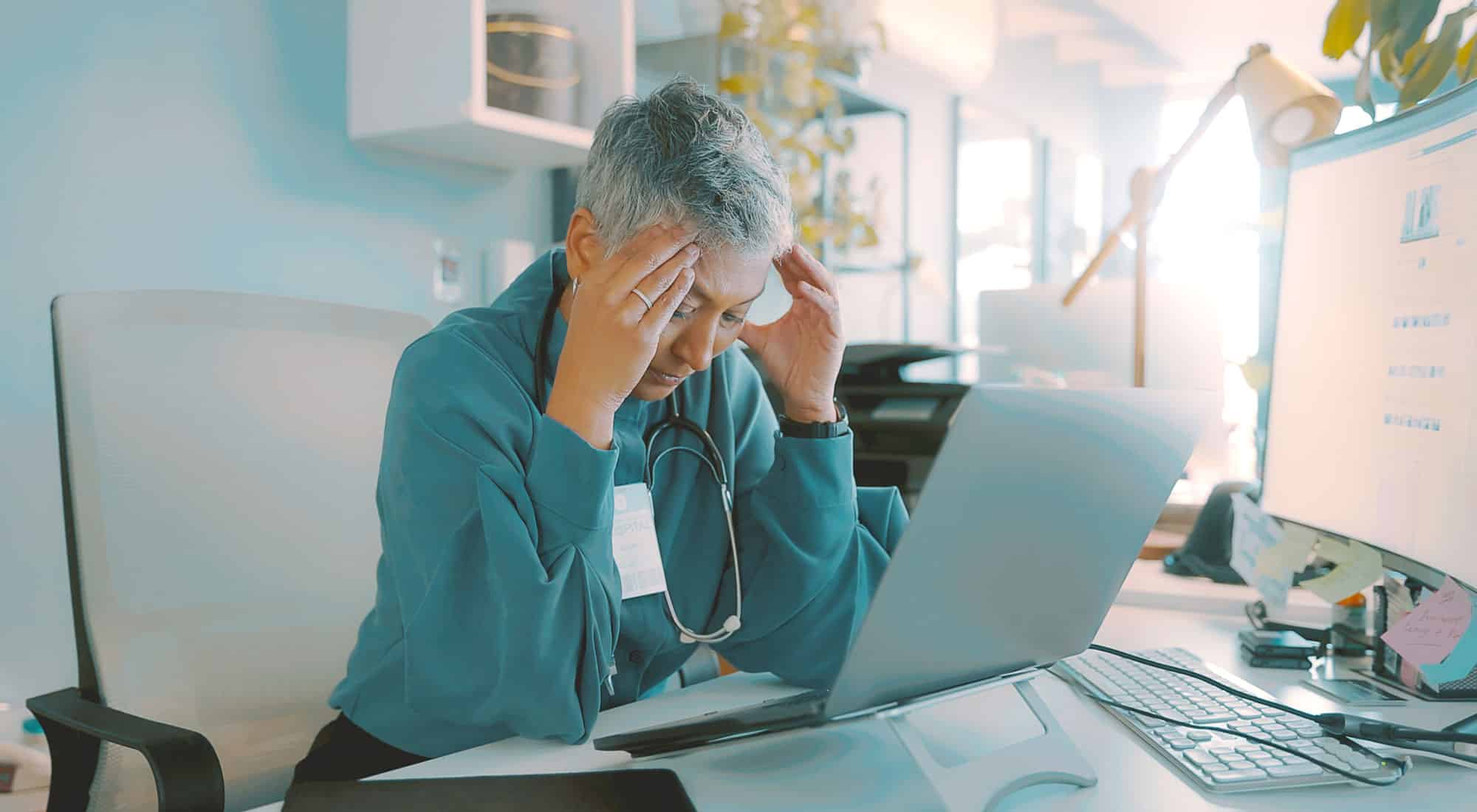
The Financial Cost When Employees Don’t Get Help
As a business leader, it can be difficult to manage the varying needs of your employees, especially when it comes to mental health. Since the beginning of the COVID-19 pandemic, employee mental health has become an increasing concern, and it can be hard as an employer to know how best to approach it. If you…
-
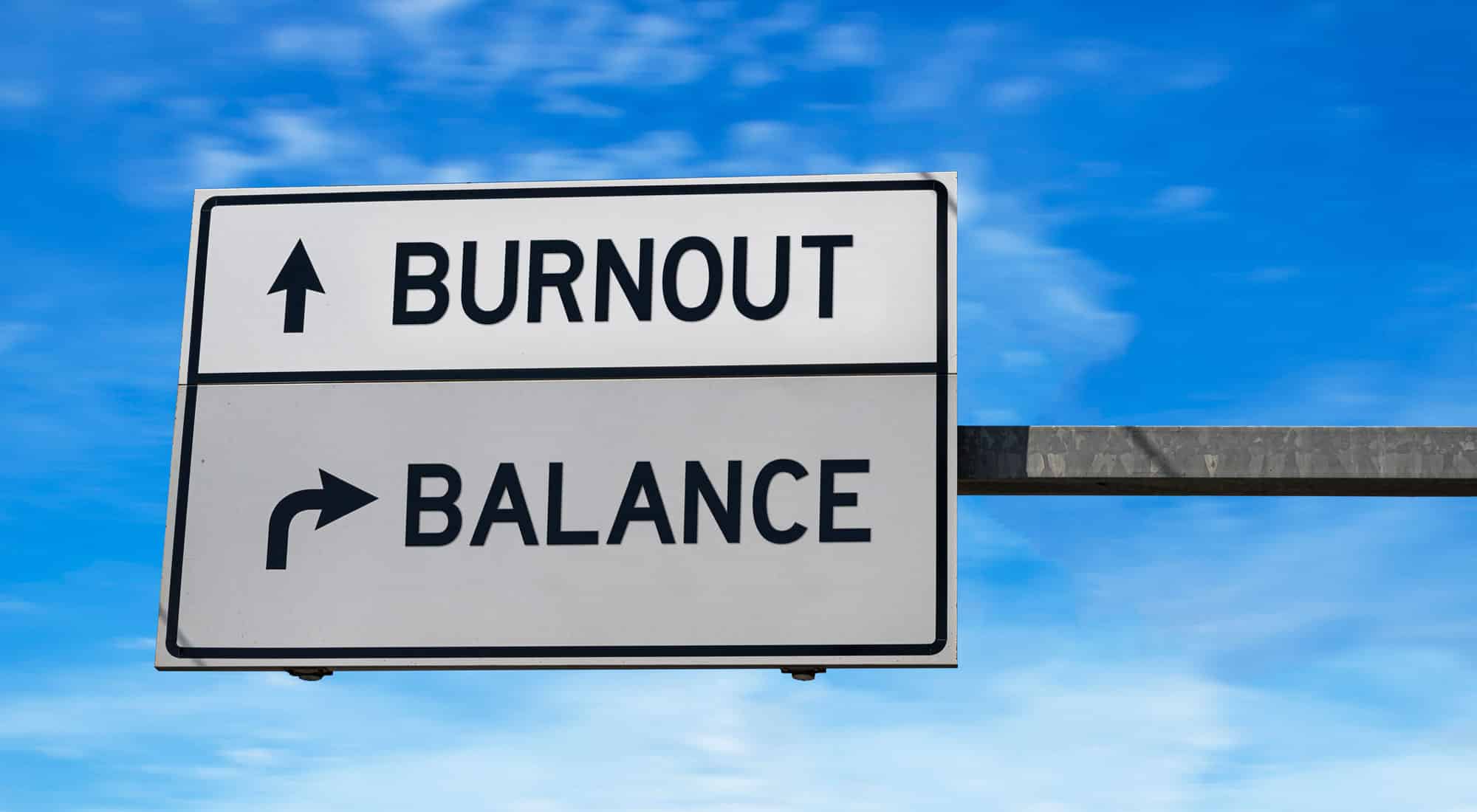
Employee Burnout: How to Get Help Without Hurting Your Career
Workforce. Even the word feels heavy, with little choice in the matter. And yet, the force of work has always been with us. It’s the same in everything from fast food to Fortune 500 companies. The struggle is real: to make ends meet, to burn both ends of the candle, to climb the ladder, and…
-
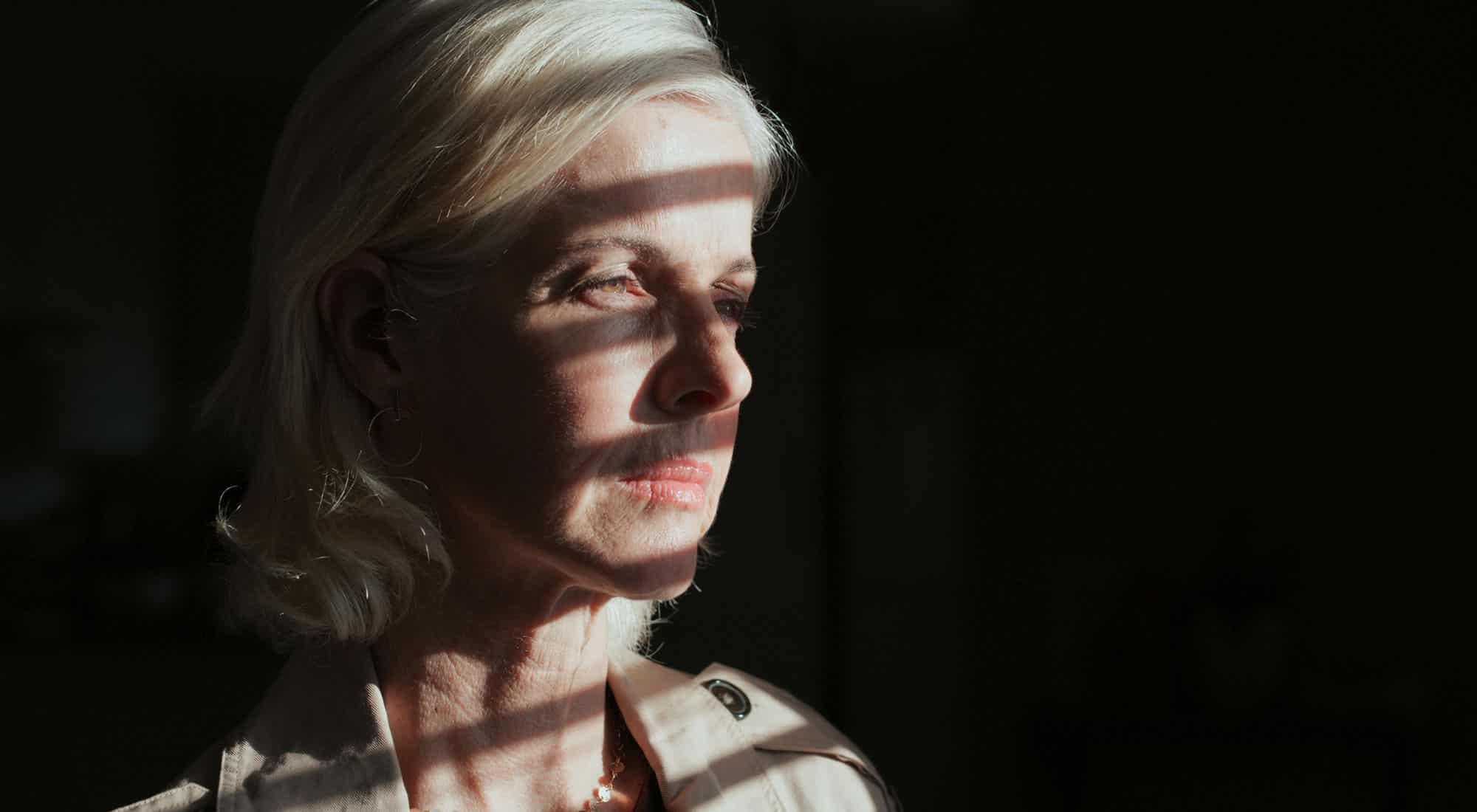
Letting Go of Regrets
Everyone has regrets. Things we wish we hadn’t done, had done, or had simply done differently. Sometimes it’s easy to let these should-haves and could-haves go. Other times, the past begins to creep into our daily thoughts. Regrets can greatly impact our mental and physical health and take away from our enjoyment of the here…
-
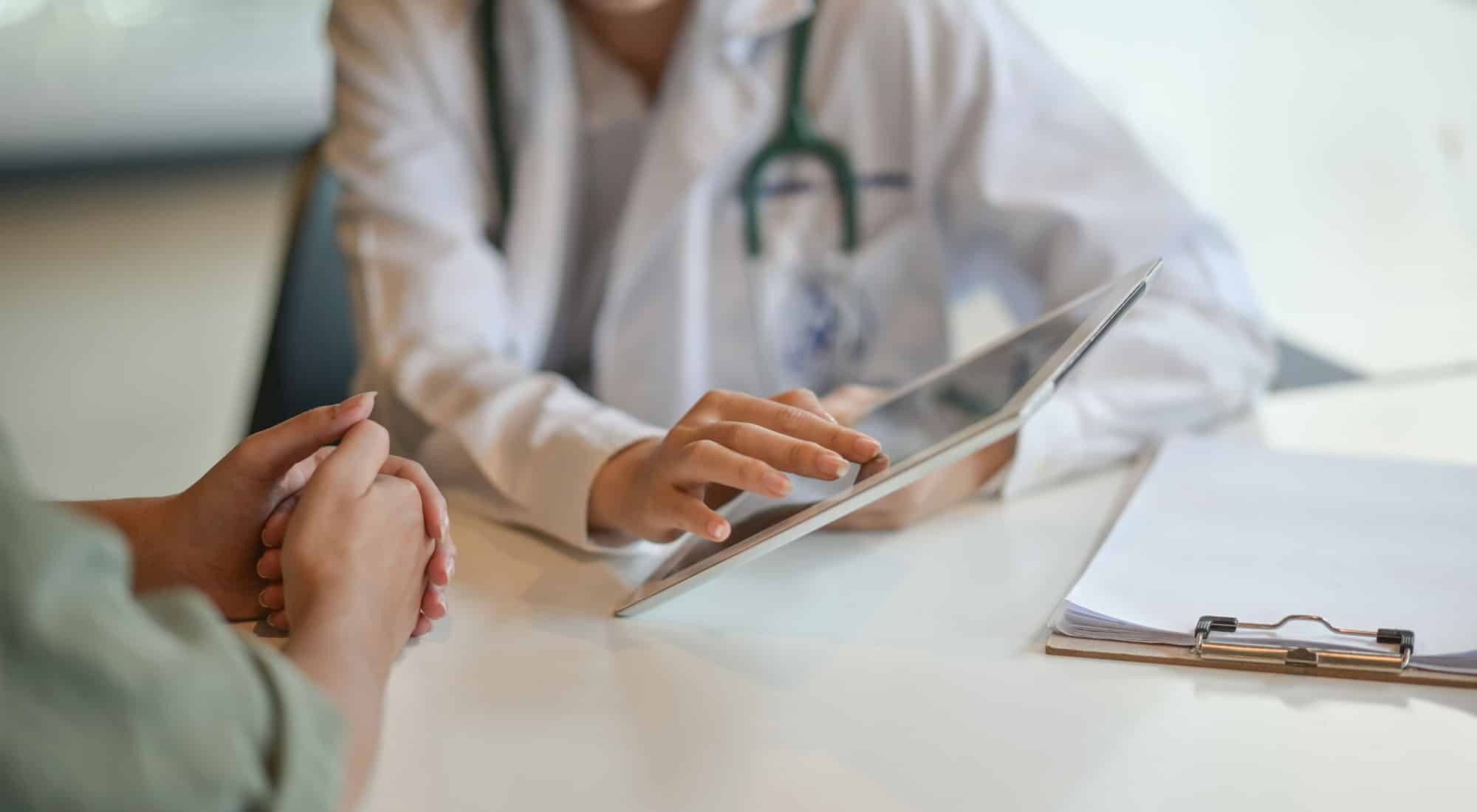
Regular Mental Health Testing for All Adults
Many areas of our health are screened at regular checkups with our doctors. However, despite rising anxiety rates in adults in recent years, mental health has not been one of them. Fortunately, the US Preventive Services Task Force is in the process of publishing a recommendation for anxiety screening for all adults under 65.